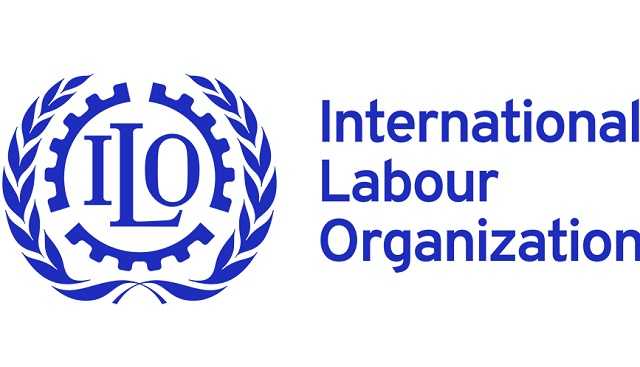BRUSSELS, Belgium – A new project to help address the root causes of child labour in supply chains has been launched by the International Labour Organization (ILO), the Food and Agriculture Organization (FAO), the International Trade Centre (ITC), and the United Nations Children’s Fund (UNICEF), with funding from the European Union (EU).
The project, Ending child labour in supply chains: Addressing the root causes of child labour in supply chains through an area-based approach (also known as the CLEAR Supply Chains Project), was launched at the World of Coffee tradeshow in Copenhagen, Denmark on June 28, 2024.
Seventy percent of child labour is in agriculture and the risk of child labour in the coffee supply chain is particularly high, stemming from multi-dimensional and complex root causes.
These include root causes common to all sectors, such as poverty and social vulnerability, gaps in legal and regulatory frameworks and in enforcement, inadequate social protection, and barriers to free and quality education.
There are also drivers of child labour specific to coffee and other globally traded crops, such as farm gate prices, food insecurity, price volatility, and the effects of climate change on production and harvests.
Drawing on the unique expertise of each partner agency, the CLEAR Supply Chains Project seeks to address the root causes of child labour in coffee production by developing and piloting integrated and area-based interventions in some major coffee producing countries – including Honduras, Uganda and Viet Nam. It will also draw upon existing work in the minerals supply chain, notably in the Democratic Republic of Congo (DRC), the world’s leading producer of cobalt.
Moreover, the project will seek to ensure that the knowledge and experience gained is shared and scaled up in other countries and supply chains.
The global launch event was attended by speakers from global coffee partnerships and networks, partner countries and UN agencies. Representatives joined a series of interactive panels on child labour and decent work in the coffee supply chain. The event provided an important opportunity to highlight the issue of child labour and human rights due diligence in the coffee industry and among global coffee stakeholders. It also allowed participants to identify synergies and opportunities for collaboration with the project.
Looking ahead, the project will continue to work closely with global coffee partnerships and supply chain actors, using the knowledge generated by country-level work to encourage an approach that focuses on root causes, adequate due diligence and investment in prevention.


















